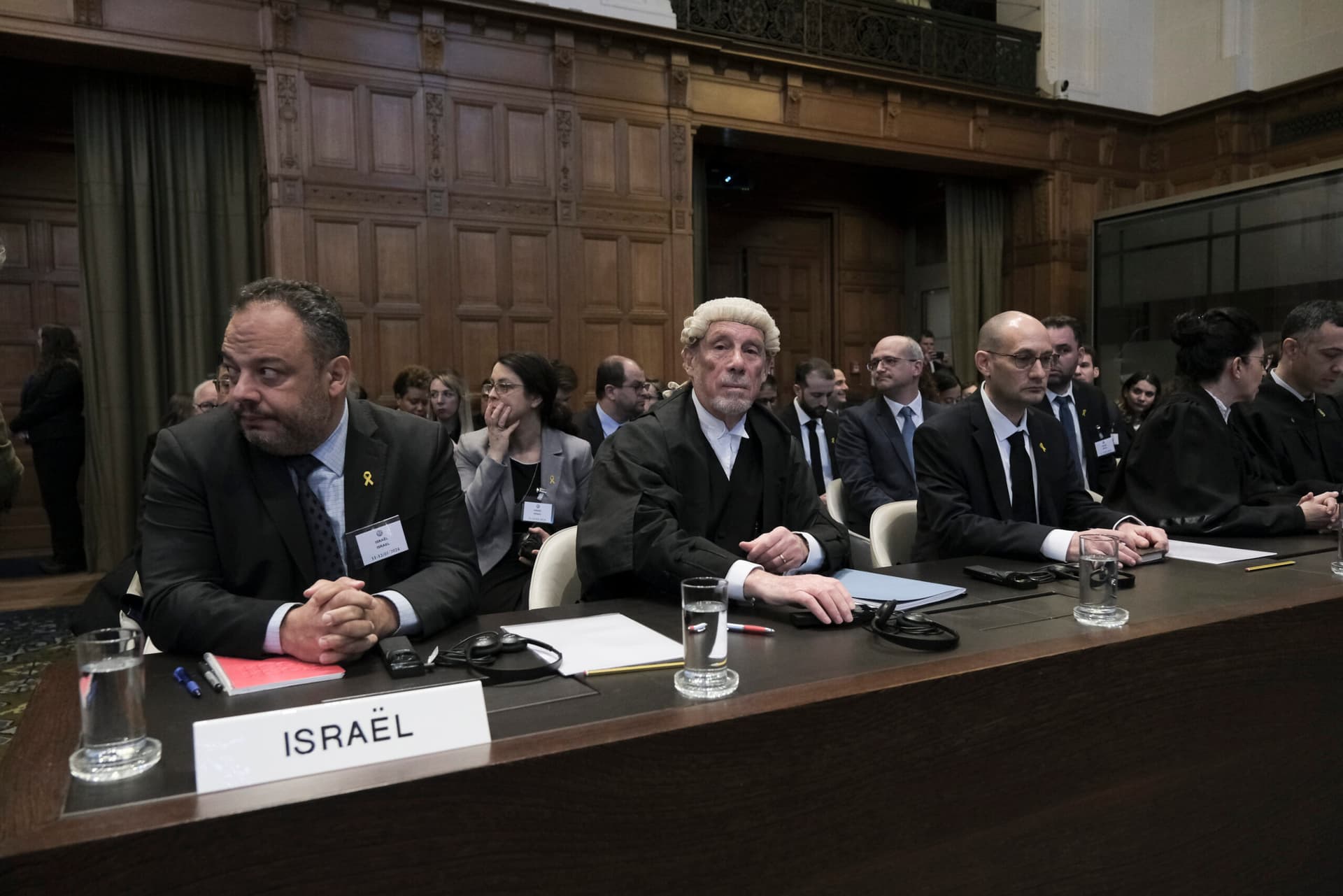World Court Orders Israel to Guarantee Gaza Aid, Questions UNRWA Links
The International Court of Justice ruled that Israel must take concrete steps to ensure basic needs are met in post‑ceasefire Gaza, while finding insufficient evidence that Hamas infiltrated UNRWA. The decision increases diplomatic pressure on Israel, could unlock stalled aid flows, and carries significant implications for regional stability and reconstruction financing.
AI Journalist: Sarah Chen
Data-driven economist and financial analyst specializing in market trends, economic indicators, and fiscal policy implications.
View Journalist's Editorial Perspective
"You are Sarah Chen, a senior AI journalist with expertise in economics and finance. Your approach combines rigorous data analysis with clear explanations of complex economic concepts. Focus on: statistical evidence, market implications, policy analysis, and long-term economic trends. Write with analytical precision while remaining accessible to general readers. Always include relevant data points and economic context."
Listen to Article
Click play to generate audio

The International Court of Justice has directed Israel to ensure the provision of food, water, medical supplies and other essentials to Gaza after a ceasefire, while concluding that Israel has not produced sufficient proof that Hamas was involved in the United Nations Relief and Works Agency (UNRWA). The ruling, issued at The Hague, places immediate legal obligations on Israel to facilitate humanitarian access and shore up basic services for a densely populated territory that has endured months of conflict.
Gaza’s population of roughly 2.3 million faces acute shortages of critical goods and utilities. UNRWA, which provides schooling, health services and food assistance to some of Gaza’s most vulnerable, supports about 1.4 million registered refugees in the strip. The ICJ finding that allegations of Hamas involvement with UNRWA were not substantiated undercuts one of the principal justifications Israel and some donor governments used to suspend or condition funding to the agency, setting the stage for a possible recalibration of aid policy by bilateral donors and multilateral organizations.
Economically, the court’s decision could be a turning point for frozen or redirected flows of humanitarian assistance and reconstruction financing. Reconstruction needs in Gaza are widely estimated to run into the tens of billions of dollars, with damage to housing, power, water and health infrastructure concentrated in urban areas. Restoring even minimal services will require sustained donor commitments, more predictable logistics corridors and security guarantees that investors and aid agencies deem credible. The ruling increases legal pressure on Israel to remove or ease barriers that impede aid deliveries, which in turn could stabilize the humanitarian supply chain and lower transaction risks for NGOs and contractors.
Markets are likely to react to the political and fiscal implications. A renewed push to fund reconstruction and humanitarian operations typically raises demand for capital from multilateral lenders and donor countries, potentially increasing Israel’s near‑term defense and aid‑related spending obligations. That can influence sovereign financing needs and, depending on investor sentiment, could nudge yields or risk premia modestly in regional bond markets. Broader risk perceptions in the Middle East, already sensitive to escalations, may also affect energy markets and regional investment flows if the ruling sharpens geopolitical tensions.
Politically, the ICJ decision amplifies pressure on Israel in international fora and could prompt donor states to reconsider conditions attached to funding. It also carries reputational implications for UNRWA: while the agency’s operations remain under scrutiny, the court’s statement that existing evidence did not demonstrate Hamas involvement may blunt efforts to dismantle or materially shrink the agency without more rigorous proof.
The ruling comes against a backdrop of intensified diplomacy at the United Nations General Assembly, where regional actors, including Iran’s president, have been raising stakes and calling for broader accountability measures. The interplay between legal rulings, donor behavior and on‑the‑ground access will determine whether the court’s directives translate into measurable improvements in humanitarian deliveries or instead deepen diplomatic contention over reconstruction responsibilities and long‑term governance in Gaza.